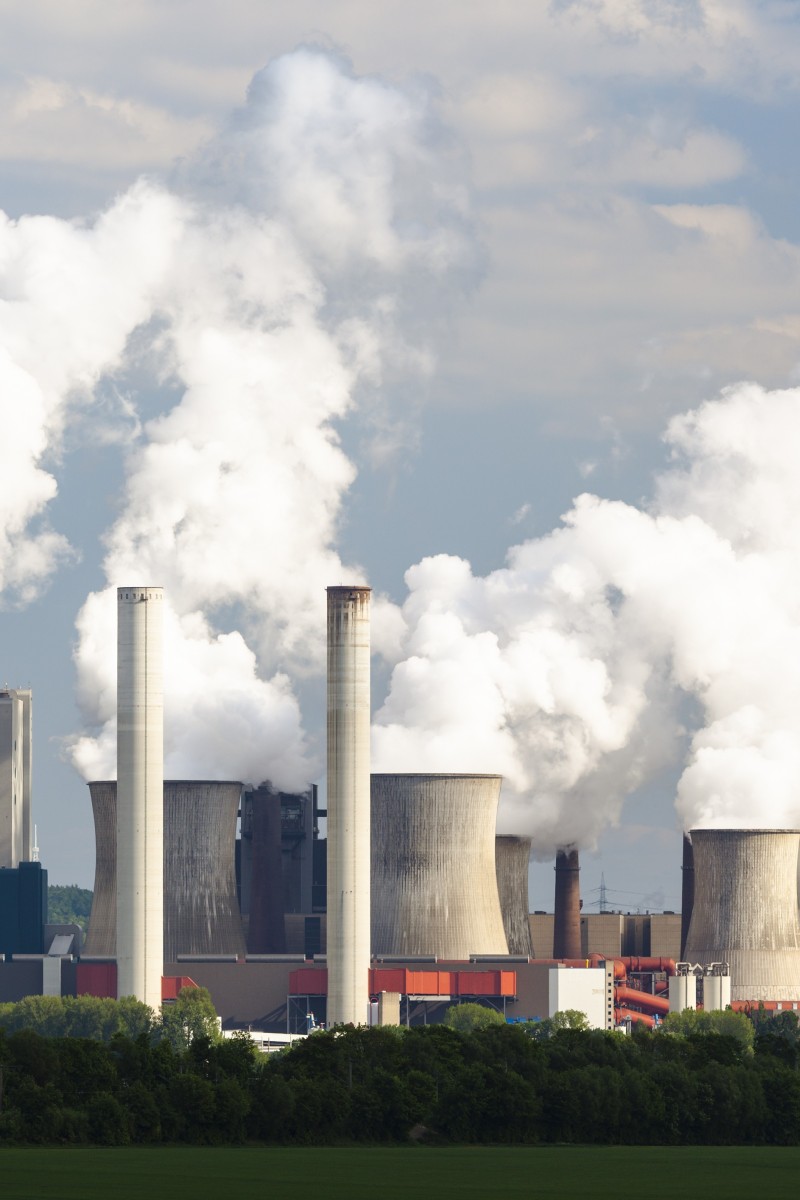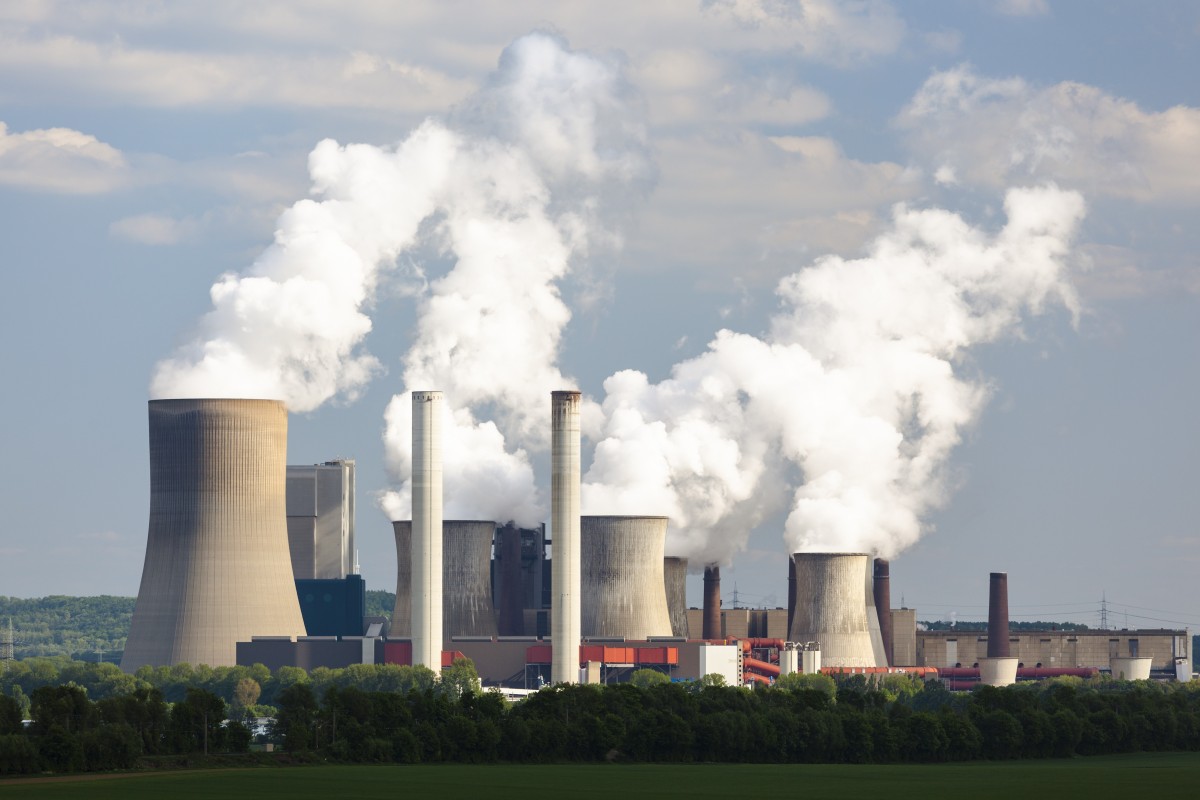
Opinion: In our climate change battle, do coal and oil-producing companies like BP and Shell need to be held accountable?
Individual actions like eating less meat are important, but we need to do something about pollution caused by big businesses for true change

 A coal-fired power station in Germany. The use of fossil fuels is posing a huge problem for the world.
A coal-fired power station in Germany. The use of fossil fuels is posing a huge problem for the world.Major leaps have been made in raising people’s awareness about the importance of environmental protection in recent years. Restaurants across the world are moving towards banning plastic straws, single-use plastic bags are no longer common, and young people are starting to eat less meat.
While individual action is to be commended, we need to hold the right people accountable.
According to a report by the British NGO Climate Disclosure Project, a mere 100 companies are responsible for 71 per cent of global emissions built up since 1988. What’s more, the top 25 polluters are responsible for 50 per cent of emissions during the same period. The name-and-shame list largely consists of coal- and oil-producing companies. While you go around collecting empty bottles and reusing the tiniest scraps of paper, these firms are dumping tonnes of pollutants on our planet every year.
The most regrettable part of this reality is that these companies are not only refusing to change their ways but are actively lobbying governments and other institutions to drop climate-conscious initiatives.
In 2011, oil and gas companies BP and Shell successfully lobbied the European Commission to outlaw subsidies for clean energy and end nationally-binding, renewable-energy targets. Combined with political operatives such as Patrick Moore (a self-proclaimed Greenpeace defector) intentionally muddying the waters on climate science, it is no wonder that public awareness of the issue has not translated into tangible action.
The global climate strikes, however, seem to have introduced a promising shift in public attitudes towards the problem. Rather than asking people to ride a bike to work or turn off the lights when they’re not being used, the movement has united around a single objective – ending our dependence on fossil fuels. Specific objectives include demanding the European Investment Bank stop funding fossil fuels and ban fracking in South Africa. Yet, despite the relative “wokeness” of the movement, it seems unlikely that any of its objectives will come to fruition.
With US President Donald Trump and other right-wing populists enjoying a resurgence at the ballot box, concrete action is still difficult to achieve in the current political climate. It is again the grip which polluters have over politics that stops progress.
Despite the doom and gloom, there is still hope for state-led action to change the course of our planet’s future. China is at the forefront of renewable energy development, with 29 per cent of the world’s technology patents in that field belonging to Chinese entities. Oil-rich nations such as the UAE and Saudi Arabia are also seeking to shift away from traditional sources, with the latter setting a 58.7-gigawatt renewable energy target for 2030.
With our planet facing imminent disaster, one can only hope that the rest of the world will follow suit.
Edited by M. J. Premaratne
